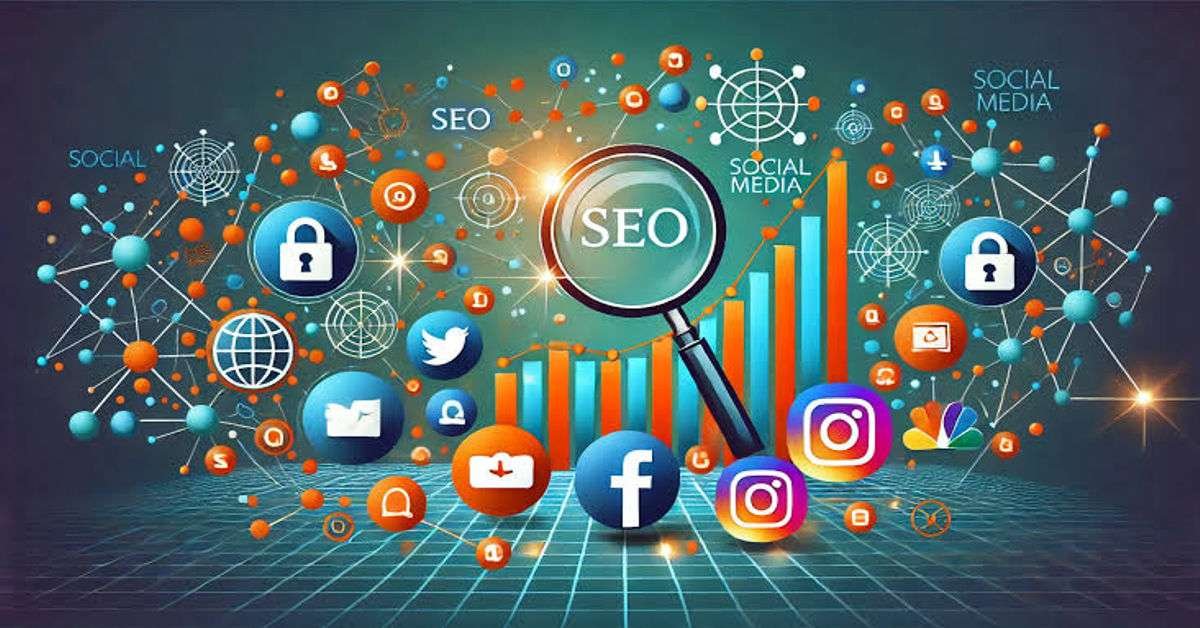
In the ever-evolving digital landscape, businesses and marketers are constantly seeking the most effective strategies to drive traffic and increase online visibility. Two of the most powerful methods are Social Media Marketing (SMM) and Search Engine Optimization (SEO). While both are essential components of a strong digital marketing strategy, they serve different purposes and yield different types of traffic. The question is: which one drives more traffic? Let’s break it down.
Social Media Marketing involves promoting content, products, or services on platforms like Facebook, Instagram, Twitter, LinkedIn, and TikTok. It relies on engaging content, influencer collaborations, paid advertisements, and community interactions to attract and retain audiences.
Immediate Traffic Boost: Paid ads and viral content can generate instant engagement.
Highly Targeted Audience : Advanced ad targeting allows businesses to reach specific demographics.
Brand Awareness & Engagement : Interactive posts foster relationships with customers.
Viral Potential : Content can spread rapidly, reaching millions in a short time.
Short-Term Traffic : Engagement is often temporary, requiring continuous content updates.
Platform Dependency : Algorithm changes can significantly impact reach and engagement.
High Competition : Standing out amidst millions of posts can be challenging.
SEO is the process of optimizing a website to rank higher on search engine results pages (SERPs) like Google and Bing. It focuses on using relevant keywords, high-quality content, backlinks, and technical optimization to attract organic traffic.
Sustainable & Long-Term Traffic : Once ranked, web pages can drive traffic for months or even years.
Higher Credibility & Trust : Users often trust organic search results more than paid ads.
Cost-Effective : Unlike paid social media ads, SEO traffic does not require continuous investment.
Works 24/7 : Unlike social media, which relies on fresh content, SEO keeps bringing in visitors consistently.
Takes Time : Achieving high rankings can take weeks or months.
Algorithm Changes : Google updates can impact rankings and require continuous adjustments.
Competitive Landscape : Popular keywords are highly contested, making it harder to rank.
The answer depends on your goals. If you need quick, immediate traffic, Social Media Marketing is the way to go. However, if you want consistent, long-term traffic, SEO is the better choice.
A well-rounded digital marketing strategy should incorporate both SMM and SEO. Social media can help drive initial interest and brand awareness, while SEO ensures a steady stream of organic visitors over time. By leveraging both strategies, businesses can maximize their reach and maintain a strong online presence.
Neither SMM nor SEO is inherently better; they serve different purposes. The key is to understand your audience, business goals, and available resources. Ideally, integrating both strategies will yield the best results for sustained traffic and business growth.
Which strategy has worked best for you? Let us know in the comments below!

